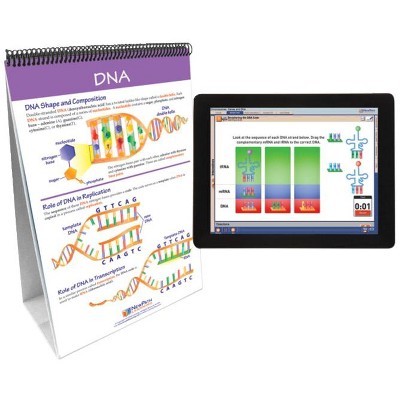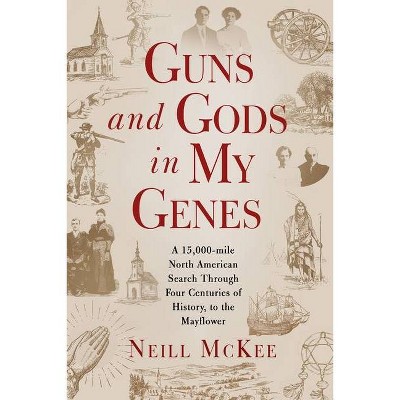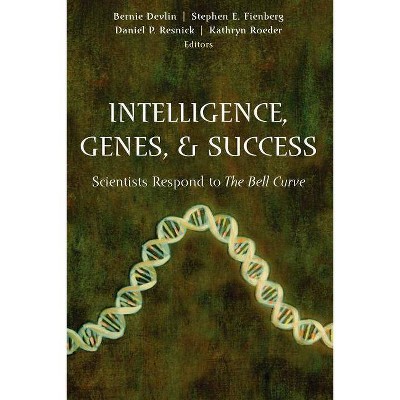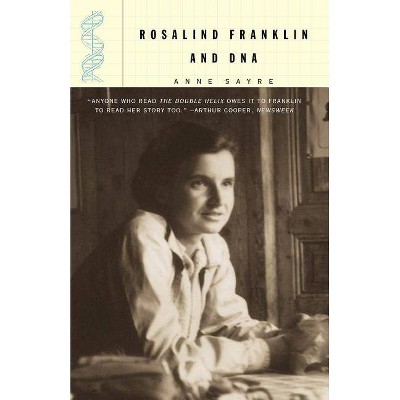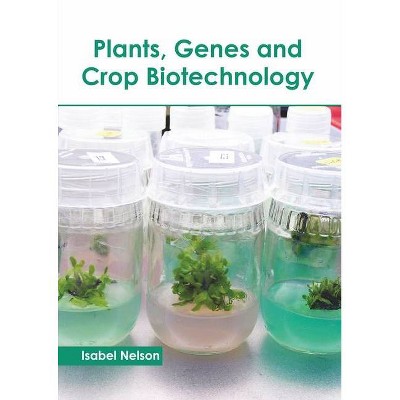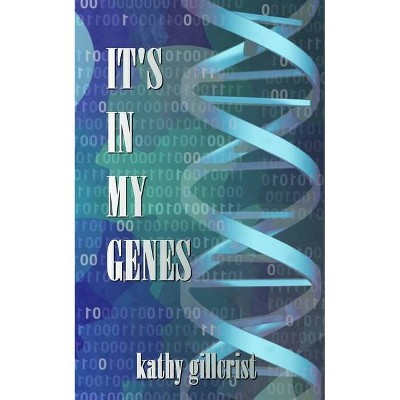Genes and DNA - by Charlotte Omoto (Paperback)
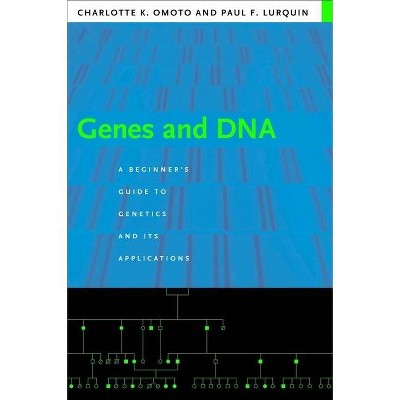
Similar Products
Products of same category from the store
AllProduct info
<p/><br></br><p><b> About the Book </b></p></br></br><P>Covering newsworthy aspects of contemporary biology--gene therapy, the Human Genome Project, DNA testing, and genetic engineering--as well as fundamental concepts, this book, written specifically for nonbiologists, discusses classical and molecular genetics, quantitative and population genetics--including cloning and genetic diseases--and the many applications of genetics to the world around us, from genetically modified foods to genetic testing. With minimal technical terminology and jargon, "Genes and DNA" facilitates conceptual understanding. Eschewing the organization of traditional genetics texts, the authors have provided an organic progression of information: topics are introduced as needed, within a broader framework that makes them meaningful for nonbiologists. The book encourages the reader to think independently, always stressing scientific background and current facts.<p/><br></br><p><b> Book Synopsis </b></p></br></br><p>Covering newsworthy aspects of contemporary biology -- gene therapy, the Human Genome Project, DNA testing, and genetic engineering -- as well as fundamental concepts, this book, written specifically for nonbiologists, discusses classical and molecular genetics, quantitative and population genetics -- including cloning and genetic diseases -- and the many applications of genetics to the world around us, from genetically modified foods to genetic testing. </p><p>With minimal technical terminology and jargon, <i>Genes and DNA</i> facilitates conceptual understanding. Eschewing the organization of traditional genetics texts, the authors have provided an organic progression of information: topics are introduced as needed, within a broader framework that makes them meaningful for nonbiologists. The book encourages the reader to think independently, always stressing scientific background and current facts.</p><p/><br></br><p><b> Review Quotes </b></p></br></br><br>As a society we are asked to make informed decisions on complex issues such as stem cell research and the labeling of our food based on its level of genetic modification. We have a lot of homework to do, and this book is a good start.--Stephen Jones "Washington State Magazine "<br><br>The book covers much of the material in a high school textbook...but Omoto and Lurquin write in a way that makes things relevan to any interested adult. I think this is an excellent book that will be of great value in any public library collection...also in university and college libraries.--Margaret Henderson "E-Stream "<br><br>Very useful introduction to genes and genetic applications...Recommended. General readers.--P. M. Watt "Choice "<br><p/><br></br><p><b> About the Author </b></p></br></br>Charlotte K. Omoto is professor of cell biology and genetics in the School of Biological Sciences at Washington State University. Paul F. Lurquin is professor of genetics in the School of Molecular Biosciences at Washington State University. He is the author of <i>The Green Phoenix: A History of Genetically Modified Plants; High Tech Harvest: Understanding Genetically Modified Food Plants;</i> and <i>Origins of Life and the Universe.</i>
Price History
Price Archive shows prices from various stores, lets you see history and find the cheapest. There is no actual sale on the website. For all support, inquiry and suggestion messagescommunication@pricearchive.us
